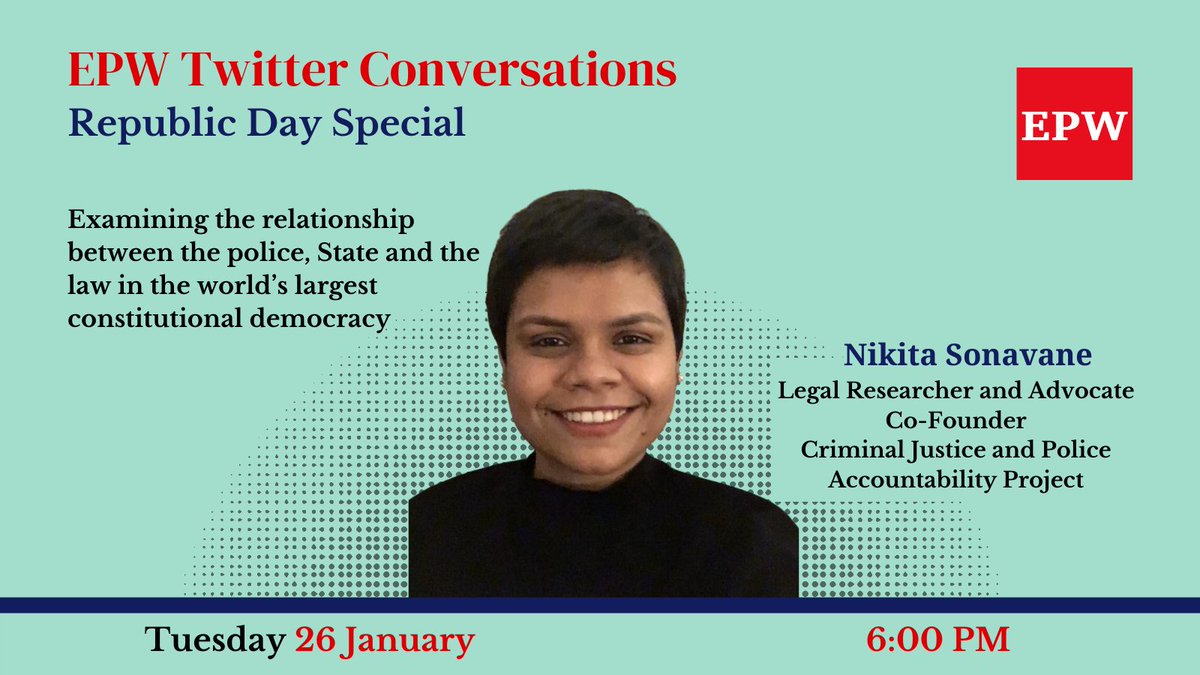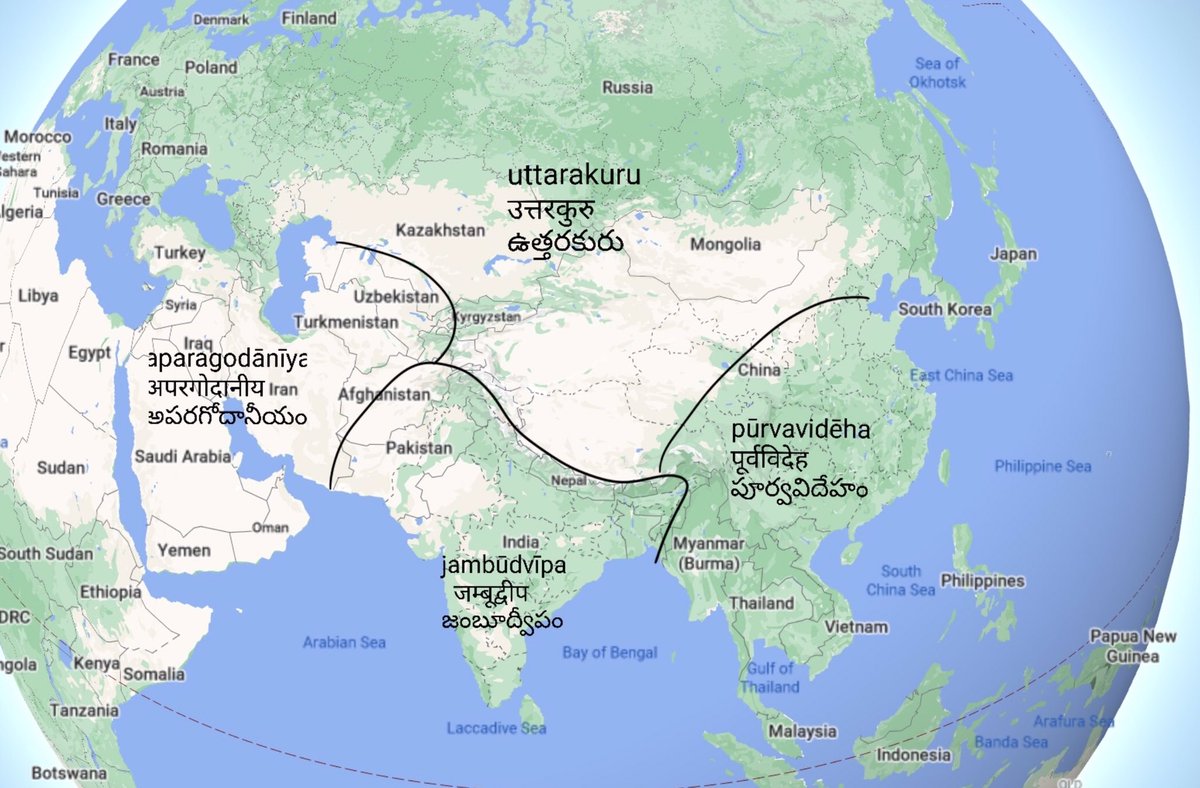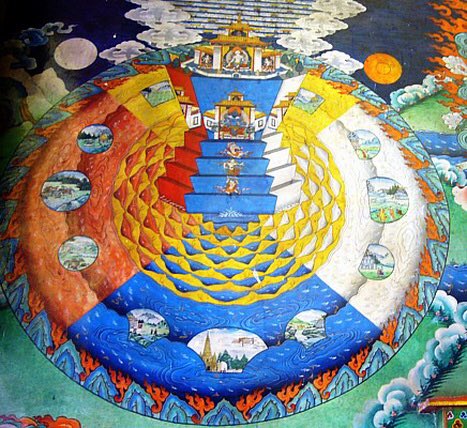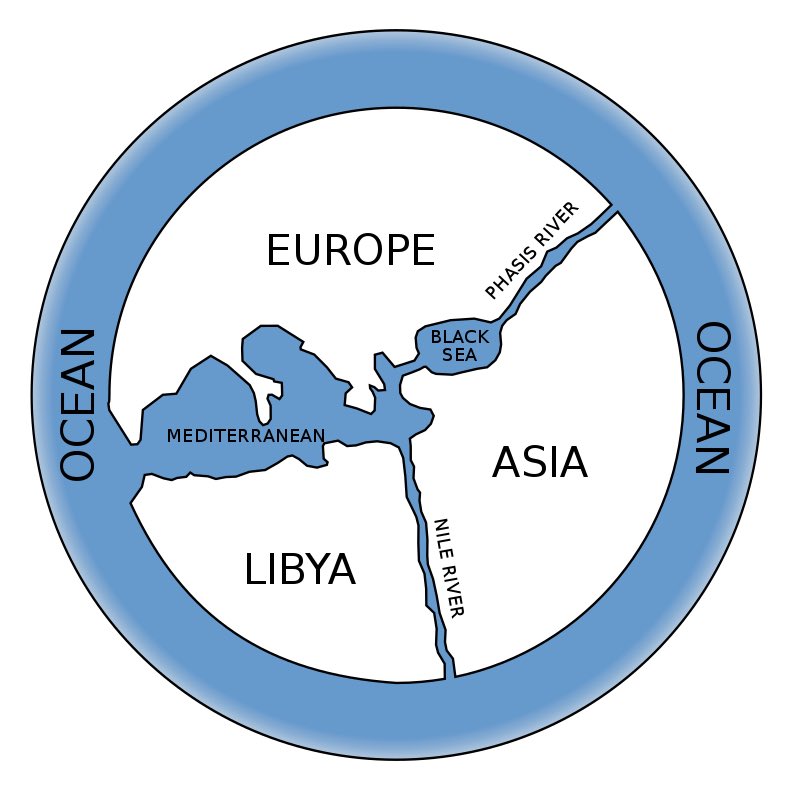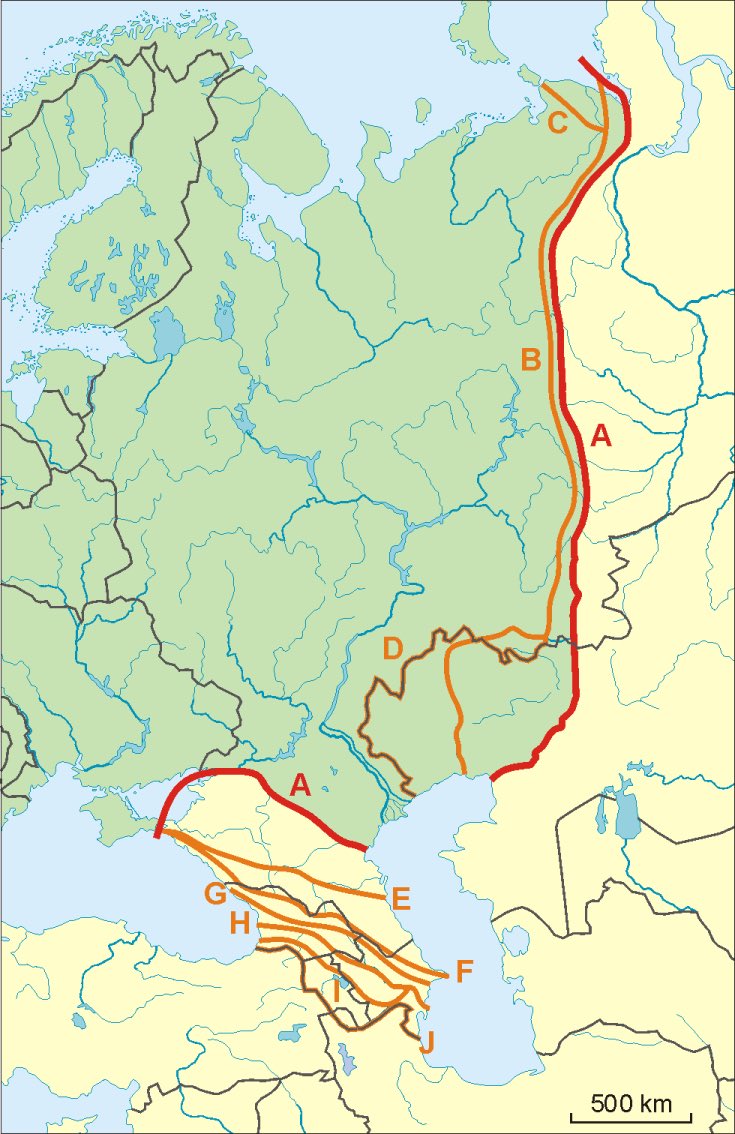On #26January, 2021, the Indian republic completes 71 years since its formation; against the background of a global pandemic that has starkly exposed its fault lines. |
@glorious_gluten
The 299 member #ConstituentAssembly was unique for there were 15 women (including a #Dalit woman Dakshini Velayudhan) who were voted to be a part of the
Committee and make their contribution to the building of the republic. #RepublicDay |
@glorious_gluten
The #Constitution has also been described as an elite document borrowing heavily from the
Government of India Act, 1935 and heralded by the upper echelons of the country.
The judiciary, army, the police are repositories of this colonial legislation.
@glorious_gluten
Those living on the margins have mediated the everyday life of Constitutionalism in the country bringing the document to life as during the Pathalgadi movement led by Adivasis in Jharkhand. |
@glorious_gluten
The Indian #SupremeCourt once known as an activist Court given its liberal usage of the power of judicial review has increasingly evolved into an institution that has honoured the #Constitution only in the breach. |
@glorious_gluten
The role of the police in Indian #democracy needs to be located within this context.
Over the last year, the omnipresence of the police in the functioning of the Indian democracy particularly in its response to the #COVID19 pandemic has become prominent. |
@glorious_gluten
While being made the first point of response of the Indian State to the pandemic, this response has also been marred with instances of violence most notably the deaths of #JeyarajandBennix in police custody. |
@glorious_gluten
Understanding the nature and structure of policing is key to examining the relationship between State, and the law in the world’s largest constitutional democracy.
I will examine two aspects of #policing: maintenance of law and order and surveillance.
@glorious_gluten
It is crucial to examine and trace the trajectory of such an institution of policing, from its colonial roots of maintaining social control to its current role as an arbiter of law and order maintenance. |@glorious_gluten
India’s police force was set up by the #EastIndiaCompany to control and surveil over-colonised populations for political exploitation and economic appropriation. |
@glorious_gluten
It is modelled after the Irish colonial paramilitary police.
The colonial state maintained ‘public order’ by policing populations whose behaviours it deemed unnatural and using vast surveillance powers to quell independence, labour and communist movements. |
@glorious_gluten
Against a failure to control the population as a whole, the British government proceeded selectively against some social groups within the working class, who were identified as the ‘proper objects of policing’ upon a consensus built to make its job easier. |
@glorious_gluten
This determination by the police regarding which communities are proper objects of policing derives its rationale from the #CasteSystem.
The #police have evolved into a system of casteist social control targeted at people from #Dalit, #Adivasi, #Bahujan and minority communities.
Under the #Constitution, police is a subject on the State list.
Therefore, each of the 29 states have their own police forces. The centre is also allowed to maintain its own police forces to assist the states with ensuring law and order.
@glorious_gluten
It maintains seven central police forces and some other police organisations for specialised tasks such as intelligence gathering, investigation, research and record-keeping, and training. |
@glorious_gluten
Some states have modelled their laws on the basis of a central law, the #PoliceAct, 1861.
States also have their police manuals detailing how #police of the state are organised, their roles and responsibilities, records that must be maintained, etc.
@glorious_gluten
The #CriminalTribesAct (CTA), 1870 is a stark example of this.
This legislation characterised several nomadic and semi-nomadic tribes as hereditary criminals. |
@glorious_gluten
This law was amended in 1911 further empowering the police reason to believe that the community is addicted to crime registration, taking fingerprints, report to headmen, police.
@glorious_gluten
Ameya Bokil and I have argued about the oppressive nature of substantive criminal laws such as the WPA, the Indian Forest Act, 1927 (IFA), the Prevention of Cruelty to Animals Act, 1960 (PCA), excise acts, and anti-beggary laws.
This has now includes #CowSlaughter laws.
It is argued that the disparate impact of these laws on certain classes of people -- in particular on their freedom of trade and right to preferences of food -- are disproportionate and unconstitutional. |
@glorious_gluten
Determining who deserves to be “policed” is a consequence of the discretionary function of policing.
Discretionary power within the police force is higher within the lower ranks of the police force given their proximity to the public. |
@glorios_gluten
The #CriminalJusticeandPoliceAccountabilityProject (CPA Project) studied 34,000 arrest records and 500 FIRs filed in #MadhyaPradesh, India to understand the patterns of pandemic policing and locate the socio-economic profiles of the individuals policed. |
@glorious_gluten
The consequent report Countermapping Pandemic Policing – Sanctioned Violence in Madhya Pradesh notes that the police exercised the wide discretionary powers arbitrarily and disproportionately criminalised #marginalisedcommunities. |
@glorious_gluten
In the dataset studied, over 6,000 individuals were arrested solely for violating lockdown regulations.
Over 4,000 individuals were arrested for allegedly committing minor, bailable offences such as gambling, hurt and alcohol possession all victimless offences.
@glorious_gluten
Another key aspect of #policing is #surveillance.
Much like its law and order function, bodies of marginalised communities are subjected to surveillance in different ways.
@glorious_gluten
In MP, being considered a habitual offender is not contingent upon prior conviction for an offence if the police station house officer has “reasonable suspicion”.
@glorious_gluten
Rule 411(4) of the MP Prison Manual defines a #habitualoffender as also being, “A member of #ScheduledTribes in the jurisdiction of the state government according to their discretion.”
@glorious_gluten
Several bastis of Bhopal where DNT, Muslims and other marginalised communities reside in are routinely required to submit their fingerprints, and other biometric data.
This record is also utilized by the district administration to extern members of these communities.
Surveillance extends up to being required to submit an application for organizing a wedding along with the guest list.
In Ehsaan Nagar, a Pardhi basti, in Bhopal an entire wedding party including the bride and groom were detained on their wedding day for failing to do so.
These actions of the police have impinged the movement, trade, livelihood etc of these communities and the effect of thereby infringing upon the constitutional guarantee of #FundamentalRights. |
@glorious_gluten
#CustodialRape was recognised by an Amendment to the IPC in 1983 following the #Mathura gangrape, an Adivasi woman by two policemen in custody.
The accused policemen were acquitted by the SC amidst much uproar by terming it an act of "passive submission and a peaceful affair."
In Bhopal, Indramal Bai, a Pardhi woman, immolated herself due to police harassment.
The Brahminical patriarchal nature of policing forms the undercurrent of the violence inflicted against DBA women.
@glorious_gluten
There have been several attempts made to reform the #police.
In 2006, a senior police official, Prakash Singh, moved the #SupremeCourt through a public interest litigation. |
@glorious_gluten
Over the last few years particularly #BlackLivesMatter movement has drawn attention to the racial inequality embedded within the American #CriminalJustice system which has propelled the discourse away from reform toward decarceration, defunding and abolition.
@glorious_gluten
It is imperative to ask how far our quest for reforming the institution of policing will take us given its structural design to target #Bahujans. |
@glorious_gluten
Moreover, it is necessary to interrogate if and where these ideas of carcerality lie along the spectrum of Constitutional morality. |
@glorious_gluten
